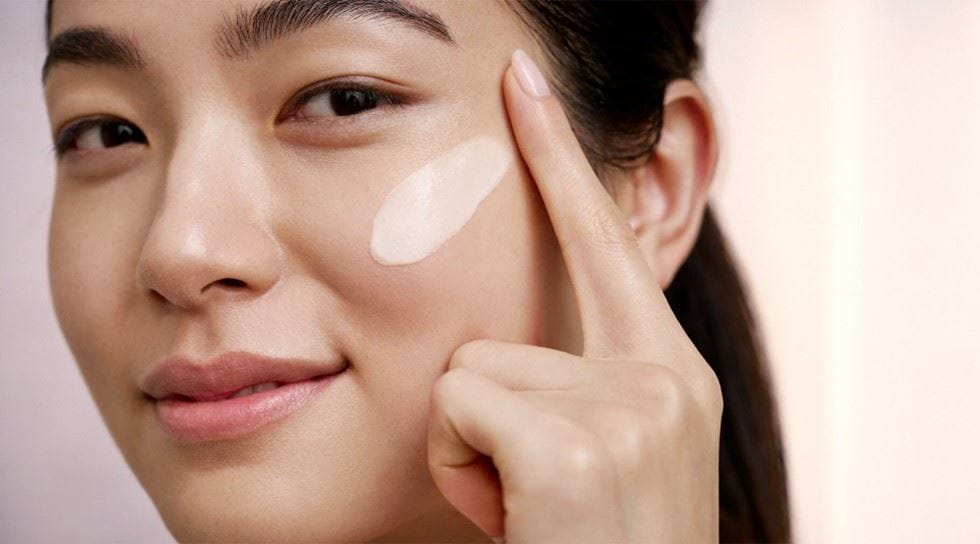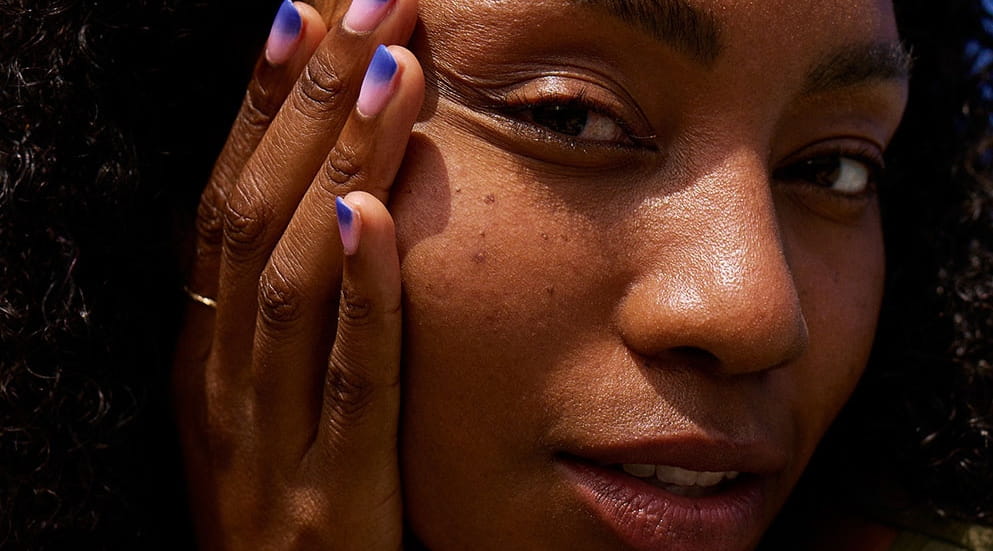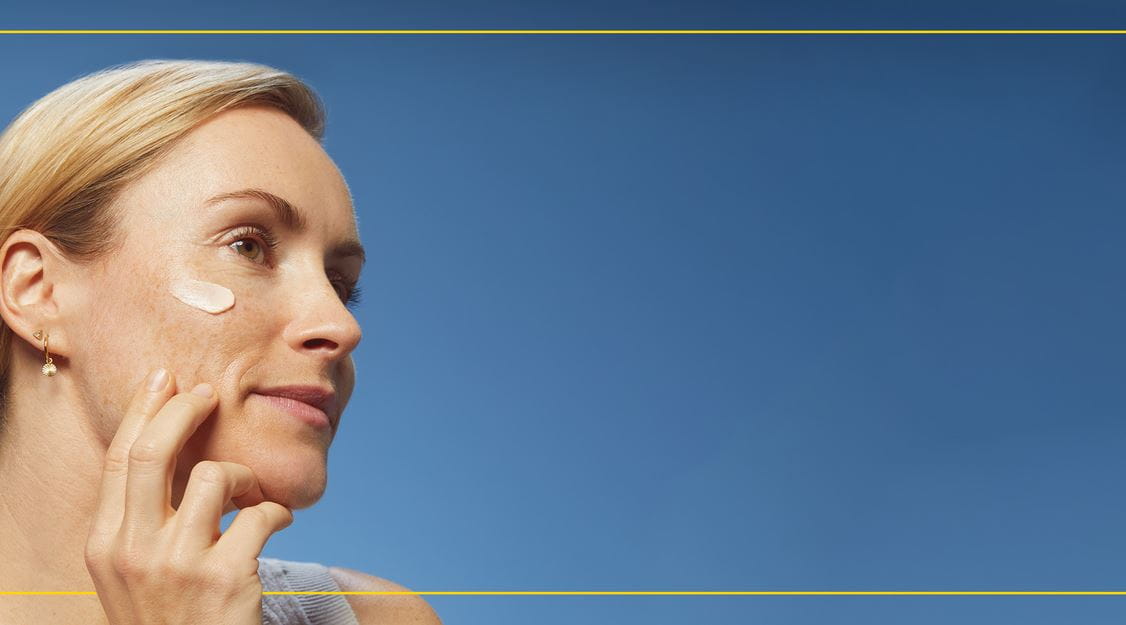
5 simple steps to fix uneven skin
Uneven skin tone is a common skincare concern that many people face. Whether it’s dark spots, patches, or a generally blotchy complexion, it can be frustrating to achieve smooth, glowing skin when your tone is inconsistent. Thankfully, fixing an uneven skin tone is possible with the right knowledge and a tailored skincare routine. In this guide, we'll walk you through five simple steps to help you achieve a radiant and even-toned complexion.





